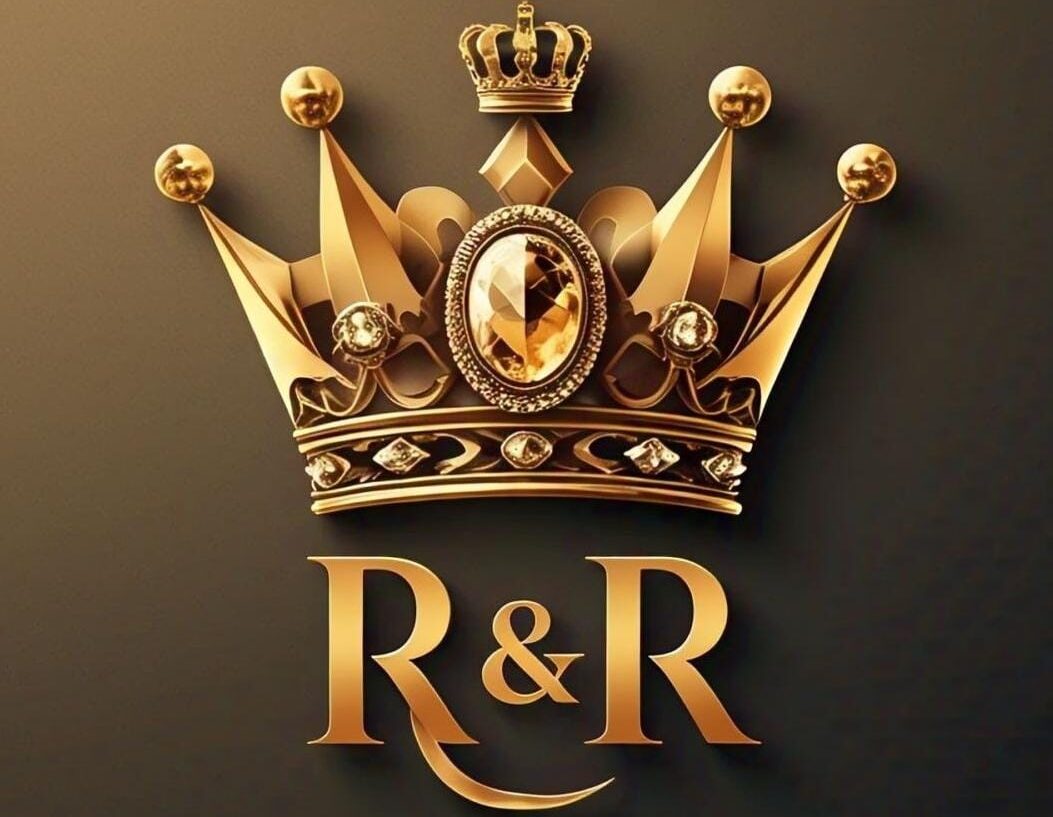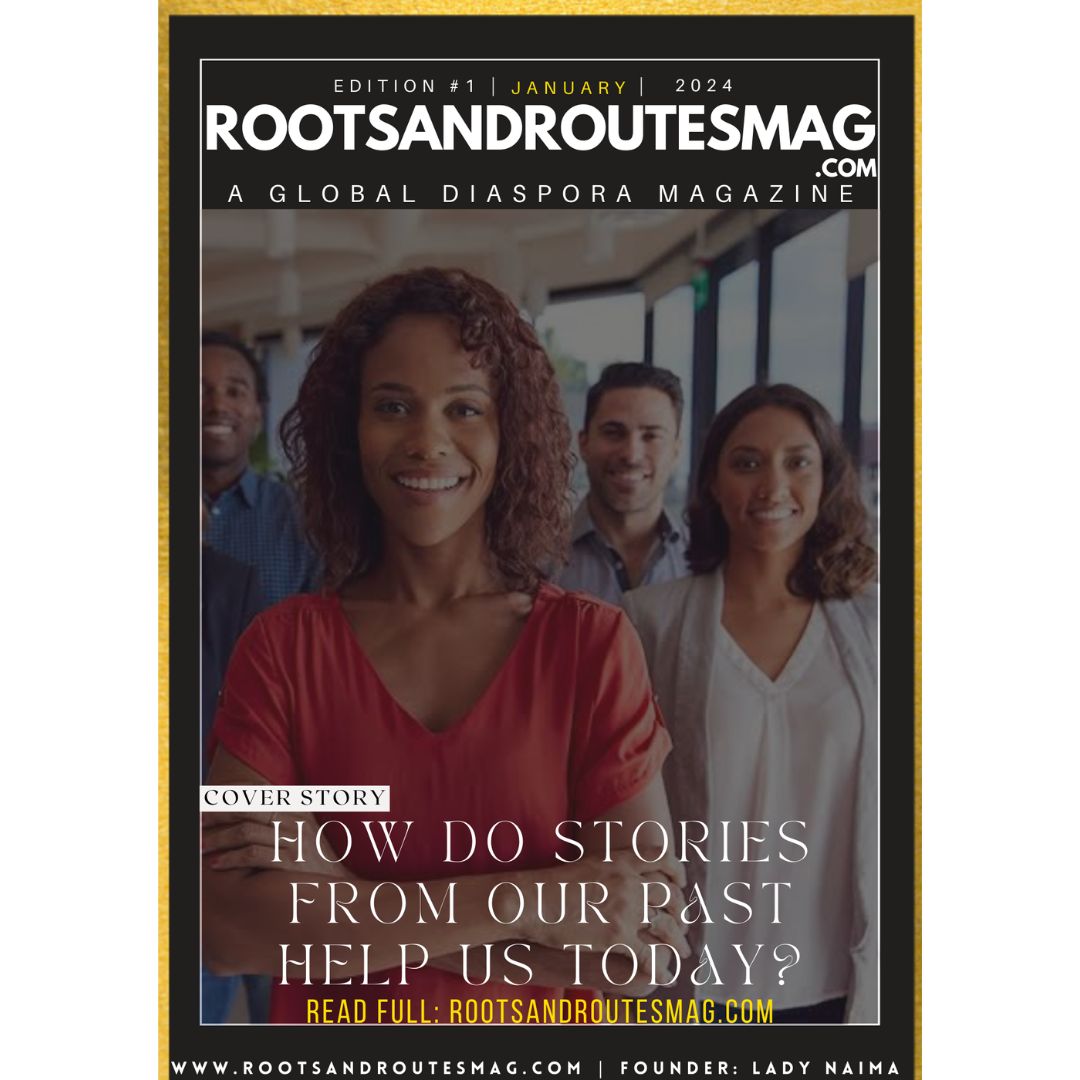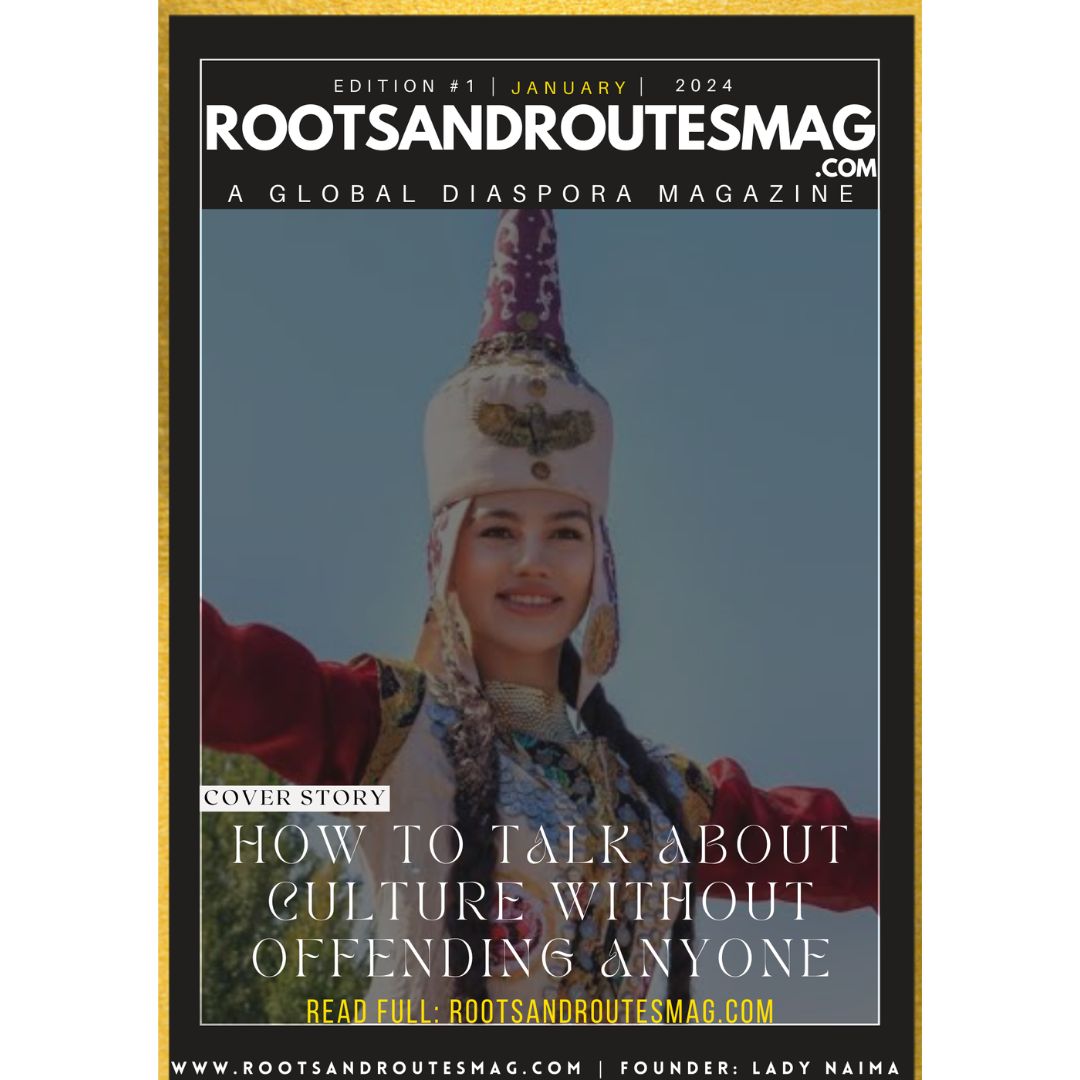The Influence of Culture on Identity Formation

Identity is a complex interplay of factors that shape how individuals perceive themselves and relate to the world around them. At the heart of this intricate process lies culture—an intricate tapestry of beliefs, values, customs, traditions, and shared experiences that inform our sense of self and identity. Indeed, the influence of culture on identity formation is profound, shaping not only how we see ourselves but also how we navigate relationships, societal roles, and collective belonging. In this article, we delve into the intricate nexus between culture and identity formation, exploring the myriad ways in which cultural influences shape our understanding of who we are.
Cultural Roots: The Foundation of Identity
From the moment we are born, we are immersed in a rich tapestry of cultural influences that shape our worldview and sense of belonging. Family traditions, religious practices, language, cuisine, music, art, and literature all contribute to the construction of our cultural identity, providing us with a sense of continuity, connection, and rootedness within our communities. Our cultural heritage serves as a foundational pillar upon which our identity is built, shaping our values, beliefs, and behaviors in profound ways.
Socialization and Cultural Norms
As we grow and develop, we internalize the norms, values, and expectations of the societies in which we live, a process known as socialization. Cultural norms dictate acceptable behaviors, roles, and responsibilities within a given society, influencing everything from gender roles and family dynamics to career aspirations and interpersonal relationships. Through socialization, individuals learn to navigate the complexities of social interactions, negotiate their identities, and forge their place within the cultural landscape.
Cultural Identity and Self-Concept
Cultural identity encompasses the multifaceted aspects of our cultural heritage, ancestry, and affiliations that contribute to our sense of self. For many individuals, cultural identity serves as a source of pride, resilience, and connection to their roots, providing a sense of belonging and community amidst the complexities of modern life. However, cultural identity is not static but rather fluid and dynamic, evolving over time as individuals navigate diverse cultural contexts, experiences, and influences.
Intersectionality: The Interplay of Identities
Identity formation is not monolithic but rather intersectional, shaped by the intersections of various social identities such as race, ethnicity, gender, sexuality, religion, socioeconomic status, and nationality. These intersecting identities intersect and interact in complex ways, influencing how individuals perceive themselves and are perceived by others within different cultural contexts. Intersectionality highlights the interconnectedness of systems of power and privilege that shape our identities and experiences, underscoring the importance of recognizing and honoring diverse identities and perspectives.
Embracing Cultural Diversity
In an increasingly globalized world, cultural diversity is both a source of richness and a catalyst for dialogue, understanding, and mutual respect. Embracing cultural diversity requires openness, curiosity, and empathy towards different worldviews, traditions, and ways of life. By celebrating cultural diversity and fostering intercultural dialogue, we can bridge divides, challenge stereotypes, and build inclusive communities that honor the dignity and humanity of all individuals.
Conclusion: Embracing the Mosaic of Identity
The influence of culture on identity formation is profound and multifaceted, shaping how individuals perceive themselves and navigate the complexities of the world around them. Cultural identity serves as a cornerstone of our sense of self, providing us with a sense of belonging, purpose, and connection to our roots. However, cultural identity is not static but rather dynamic and fluid, evolving over time as individuals navigate diverse cultural contexts and experiences.
As we navigate the intricacies of cultural identity and identity formation, let us embrace the richness of diversity, foster intercultural understanding, and cultivate empathy and respect for different cultural perspectives. By recognizing the interconnectedness of our identities and honoring the mosaic of human experience, we can create a world that celebrates the uniqueness and complexity of each individual, enriching our collective tapestry of humanity.

Tariq Riaz is a passionate web developer and content generation expert.









